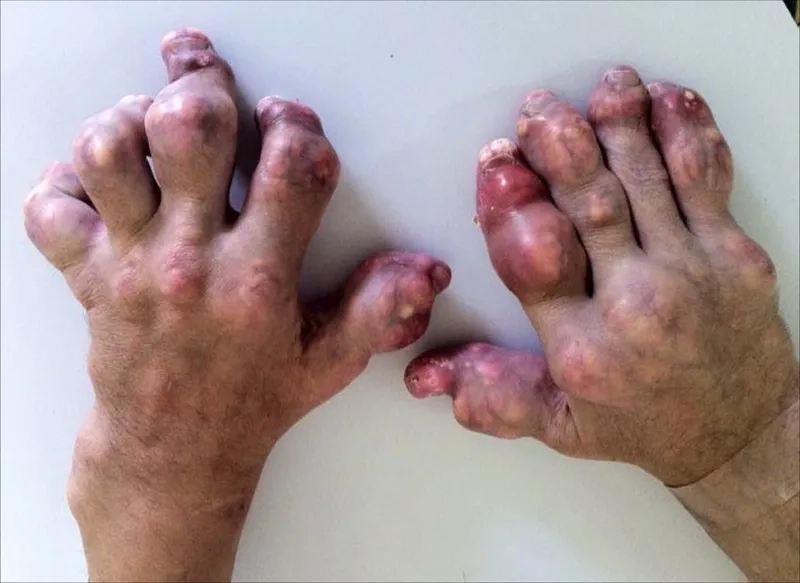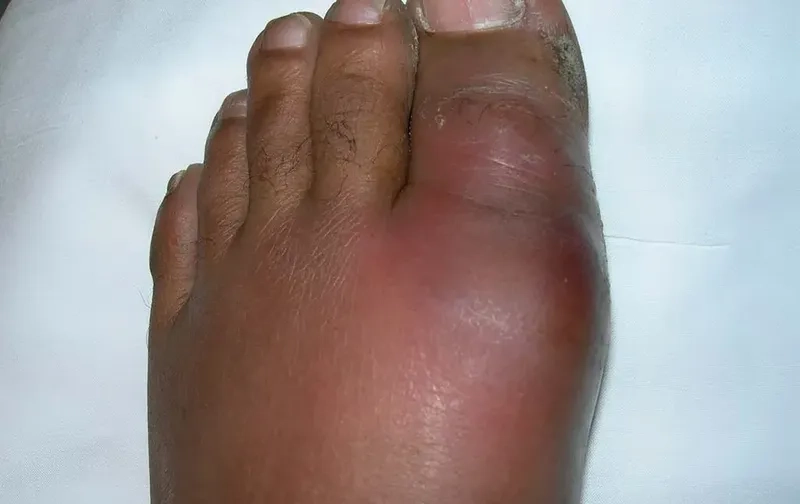A sudden, intense pain in your joint can be debilitating. Don't let a gout flare up control your life. Understanding this common form of inflammatory arthritis is the first step toward effective management and finding lasting relief from its symptoms.
What are the main causes of Gout?
- The primary answer to what causes gout is hyperuricemia, a condition where there is too much uric acid buildup in your bloodstream.
- This excess uric acid can form sharp, needle-like crystals in a joint or its surrounding tissue, triggering an intense inflammatory response and pain.
- Factors like genetics and obesity can increase your risk, as can a diet high in purines, which break down into uric acid in the body.

Key symptoms of Gout to watch for
- The classic of gout symptoms is a sudden, severe attack of pain, swelling, redness, and tenderness, often affecting only one joint at a time.
- This intense pain is most famous for occurring as gout in big toe, which can make even the weight of a bedsheet feel intolerable.
- A gout flare up typically peaks within 24 hours of its onset and can last for days or even weeks, with lingering discomfort afterward.
How can you manage and prevent Gout effectively?
- An effective gout treatment plan often includes medications like colchicine for acute attacks and drugs like allopurinol to lower uric acid levels long-term.
- Following a specific gout diet is crucial; this involves knowing the foods to avoid with gout, such as red meat, organ meats, and some seafood.
- Staying hydrated, limiting alcohol consumption, and maintaining a healthy weight can significantly reduce the frequency and severity of future gout attacks.
>>> Don't miss: Osteoporosis - How to build stronger bones at any age
Image of gout in big toe









>>> Learn now: Hypothyroidism - The common signs of an underactive thyroid
Managing gout is a long-term commitment to your health. By combining medical treatment with smart lifestyle choices, you can control your uric acid levels and live more comfortably. Consult your doctor for a personalized plan.
>>> Related articles: Hyperthyroidism - Managing the symptoms of an overactive thyroid






